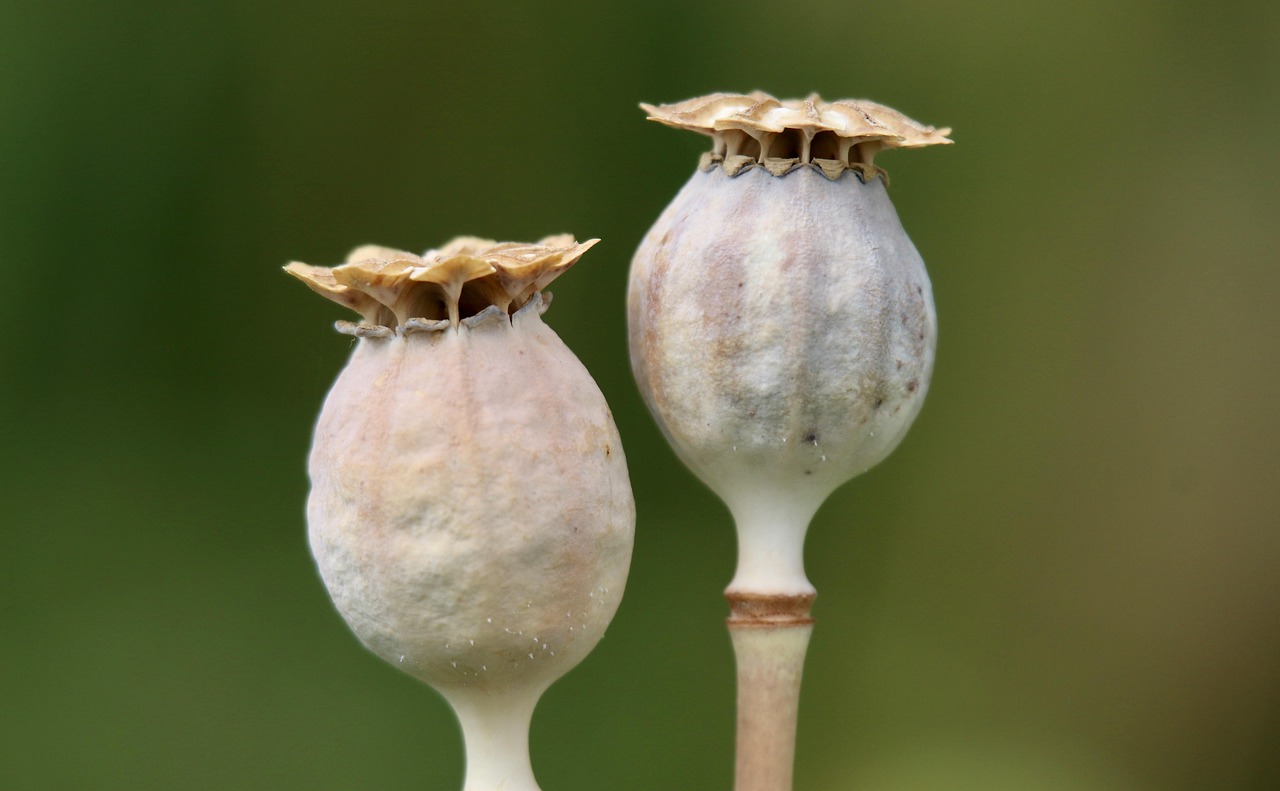Seed Starting - Part 1
Essential Tips for Nurturing Healthy Seedlings
Introduction
Welcome to our comprehensive guide on nurturing healthy seedlings! Whether you're new to gardening or a seasoned pro, these tips will help you kickstart your plants' growth and ensure they thrive from the start.
1. Choosing the Right Seeds
Start with high-quality seeds from reputable suppliers. Look for seeds that are suited to your climate and the time of year you plan to plant them. This will give your seedlings the best chance of success.
2. Selecting the Right Containers
Use containers that provide adequate drainage to prevent waterlogging. Biodegradable pots are a good choice as they can be planted directly into the soil, reducing transplant shock for the seedlings.
3. Using the Correct Soil Mix
Opt for a well-draining soil mix specifically formulated for seed starting. Avoid using garden soil as it may contain pests or diseases that can harm delicate seedlings.
4. Providing Adequate Light
Place your seedlings in a location that receives plenty of natural light. If natural light is limited, consider using grow lights to ensure your seedlings get the light they need to grow strong and healthy.
5. Watering Wisely
Avoid overwatering your seedlings, as this can lead to root rot. Water the seedlings when the top layer of soil feels dry to the touch. Use a spray bottle or a watering can with a fine spout to water gently.
6. Providing Adequate Ventilation
Proper air circulation is essential for preventing diseases and promoting sturdy growth. Place a small fan near your seedlings on a low setting to mimic the natural breeze they would experience outdoors.
7. Monitoring Temperature
Keep an eye on the temperature around your seedlings. Most seedlings thrive in temperatures between 65-75°F (18-24°C). Avoid placing them near drafty windows or heat sources.
Conclusion
By following these essential tips, you'll be well on your way to nurturing healthy seedlings that will grow into robust plants. Stay tuned for Part 2 of our guidance on seedlings for more expert advice!

For more information and resources on gardening, visit Royal Horticultural Society.
